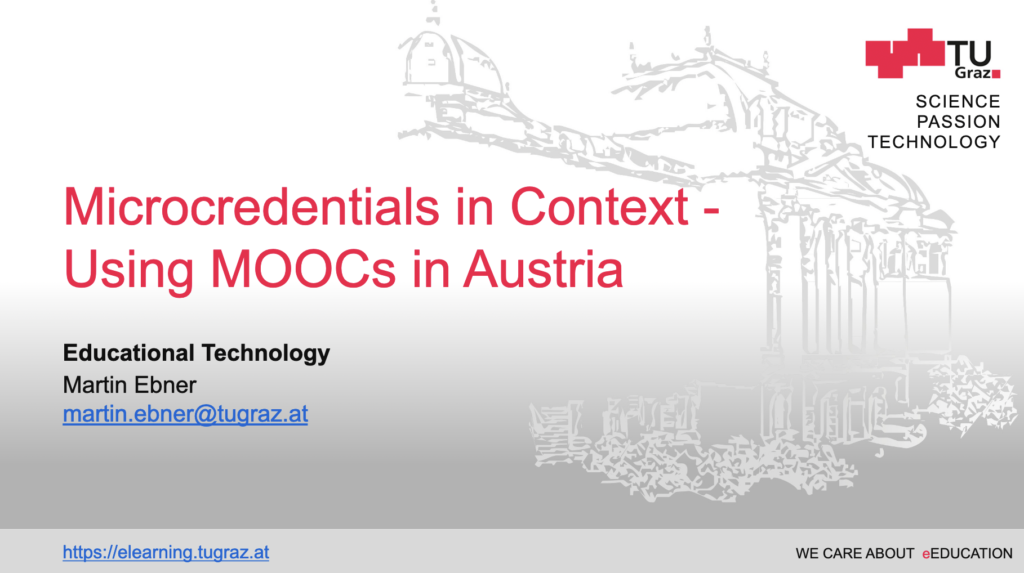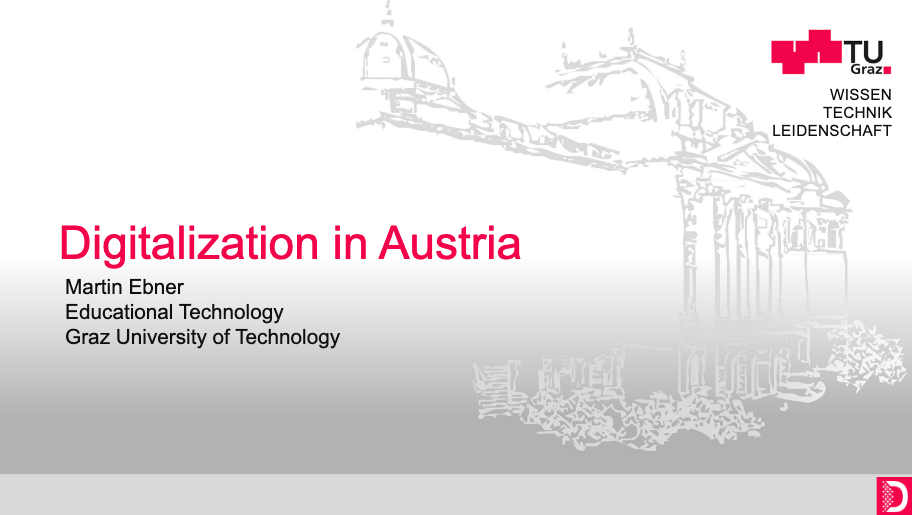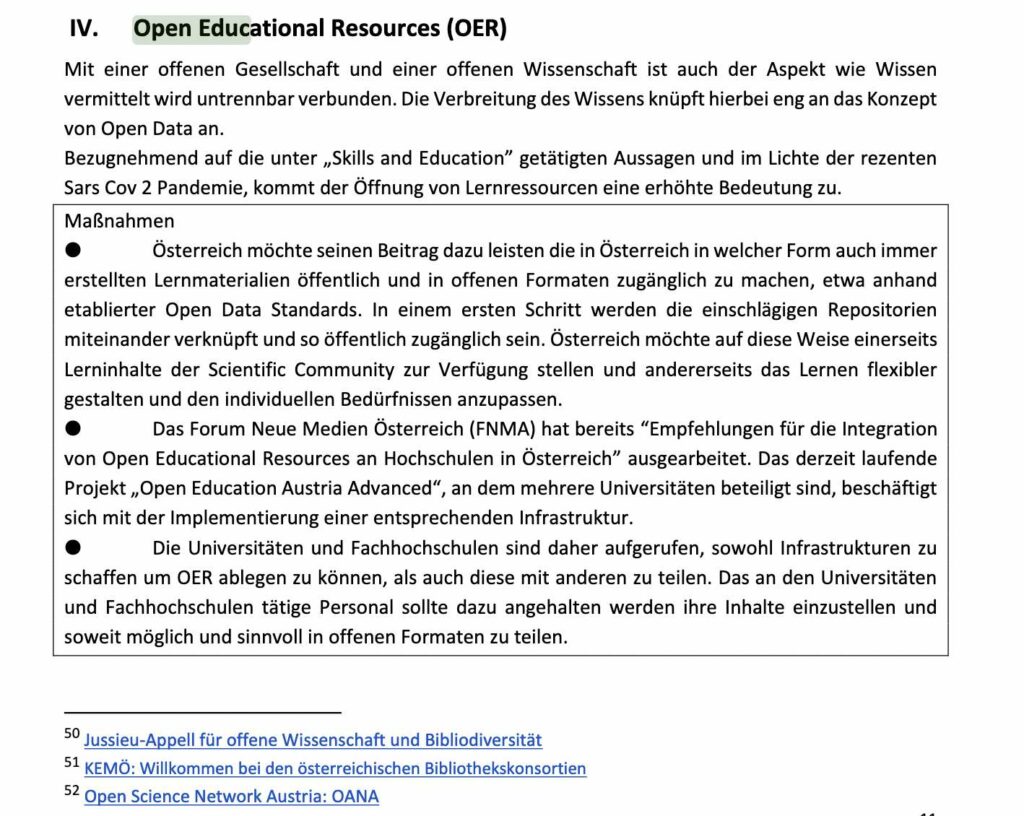Our publication at this year’s E-Learn conference about „Distance Learning in Times of COVID-19 at Austrian Schools: A Rapid Systematic Literature Review“ is available online.
Abstract:
The COVID-19 pandemic has had a profound impact on the Austrian education system, necessitating an abrupt shift to distance learning and triggering a reassessment of digital education strategies. This rapid literature review examines the challenges faced by students in Austria during this time. The synopsis of 7 selected reports revealed six key themes: communication dynamics between students and teachers, availability of communication tools, adequacy of technical equipment, importance of self-regulated learning (SRL) strategies, barriers to the transition to distance learning, and high workload. Despite challenges, including a notable gender gap in communication skills and a digital divide in technology, students and teachers have adapted to new learning modalities. The findings highlight the essential role of effective communication, strategic integration of digital tools, and the importance of promoting SRL to improve student engagement, learning outcomes, and psychological well-being in distance learning contexts. The transition has not only highlighted the demand for resilience and adaptability from all education stakeholders but has also pointed to future opportunities to refine and enhance digital learning scenarios to ensure a more inclusive, effective, and engaging learning experience for students in Austria and beyond.
Citation: Brünner, B., Ebner, M. & Burgsteiner, H. (2024). Distance Learning in Times of COVID-19 at Austrian Schools: A Rapid Systematic Literature Review. In C. Bonk & G. Marks (Eds.), Proceedings of E-Learn: World Conference on E-Learning in Corporate, Government, Healthcare, and Higher Education (pp. 544-549). Singapore, Singapore: Association for the Advancement of Computing in Education (AACE). Retrieved October 14, 2024 from https://www.learntechlib.org/primary/p/225045/



